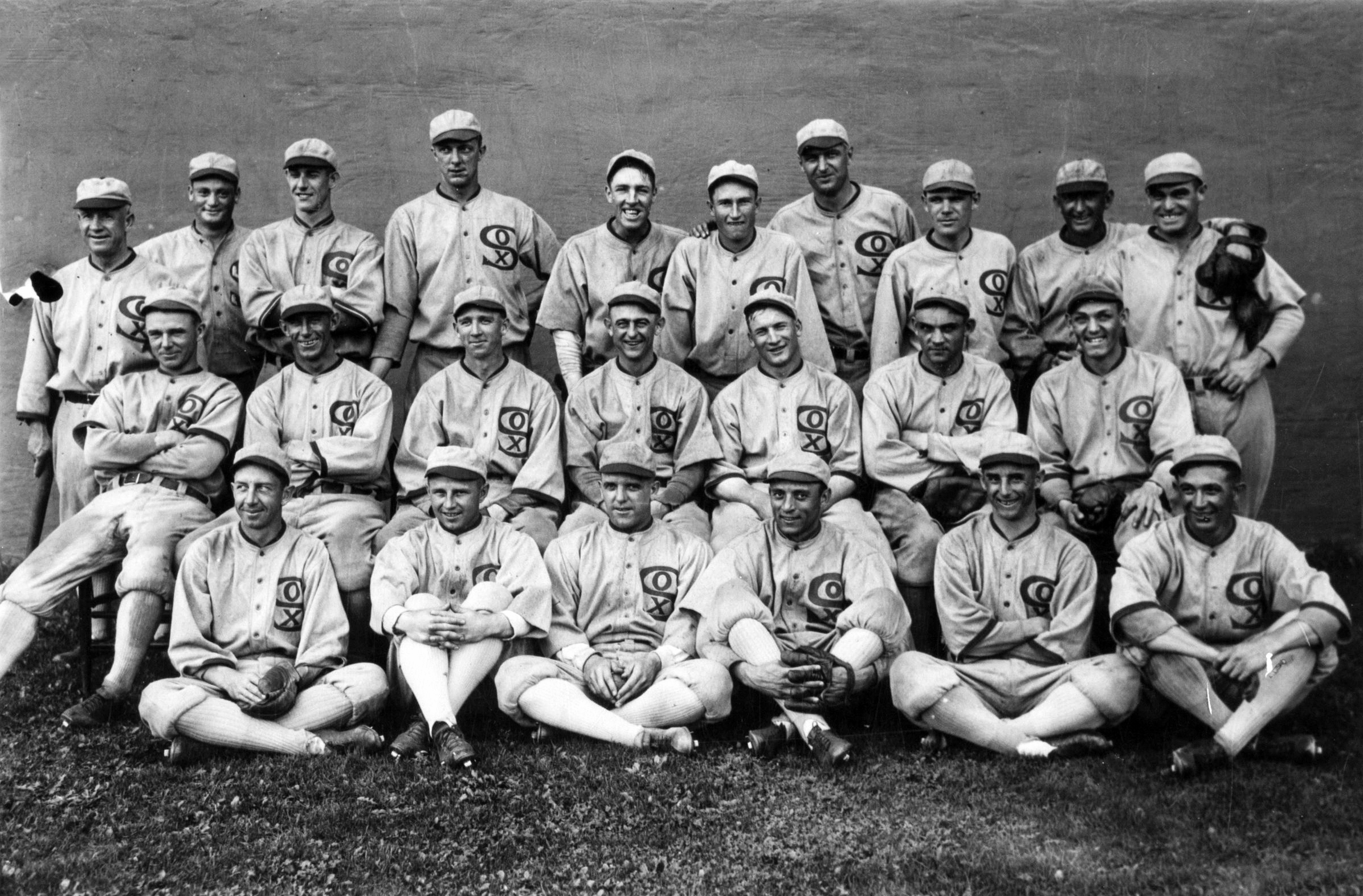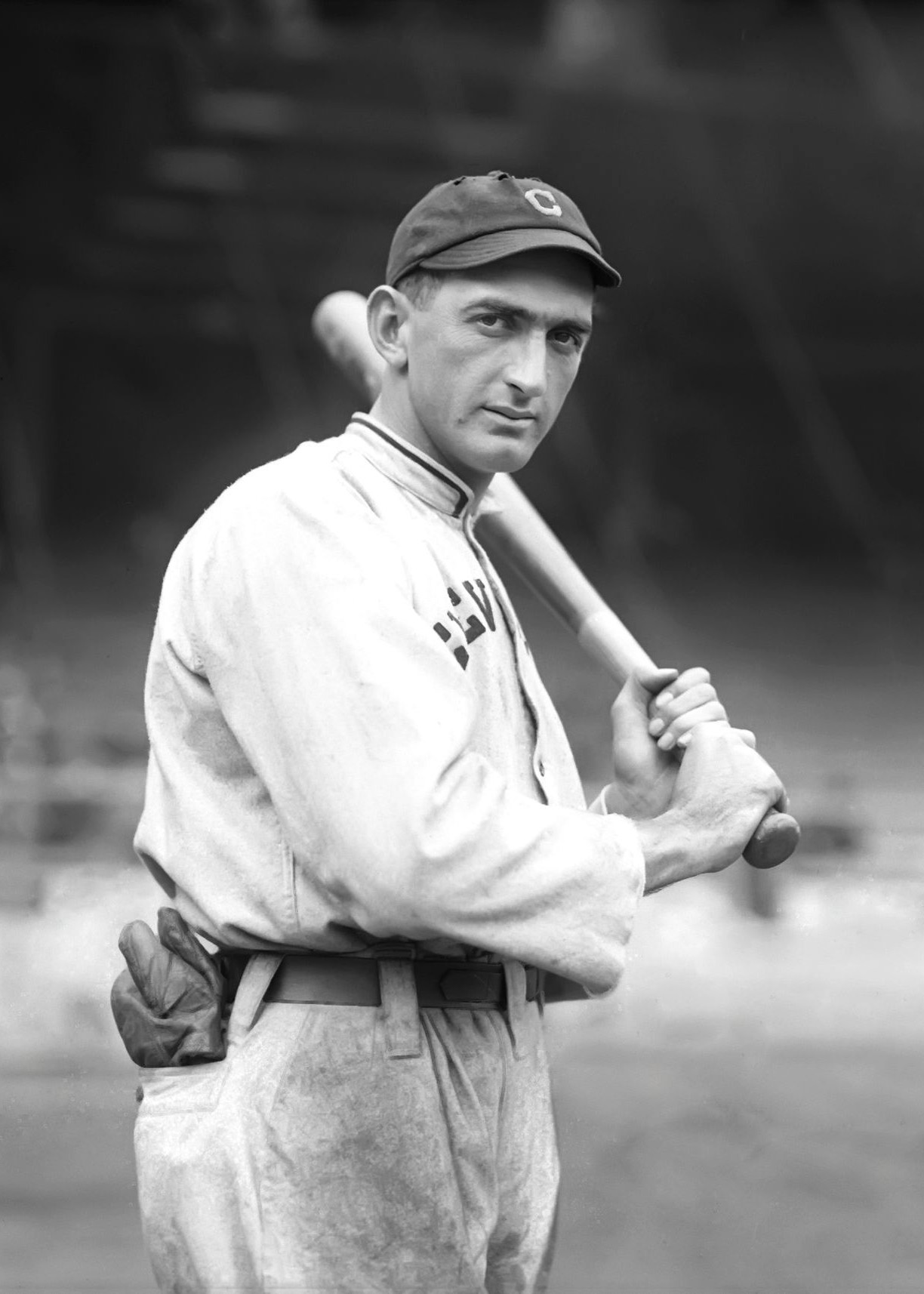Black Sox scandal was a conspiracy to fix the 1919 Major League Baseball (MLB) World Series played between the Chicago White Sox and Cincinnati Reds. The conspiracy involved a number of White Sox players taking money from gamblers to throw (intentionally lose) games in the series. The scandal shocked baseball fans and hurt the game’s reputation. It also led to the lifetime bans of eight White Sox players, the introduction of a league commissioner, and strict rules prohibiting gambling in baseball. The name Black Sox was used to represent the tarnished reputation of the White Sox team.

In the early 1900’s, gambling in baseball was fairly common, and there were often reports of players—who were poorly paid by today’s standards—throwing games to make extra money. In 1919, the White Sox enjoyed a terrific season and were heavily favored to win the World Series. Right before the series, however, a lot of money was bet on the Reds to win, causing many people to suspect the series might be fixed. Several White Sox players underperformed in the series, which the Reds eventually won.
In 1920, a grand jury investigated allegations of corruption during the 1919 World Series. Three White Sox players confessed to taking bribes. Seven players were eventually tried for conspiracy. The players were acquitted in 1921. MLB’s newly appointed commissioner, Judge Kenesaw Mountain Landis, banned all eight accused players from baseball for life. Landis later banned or suspended other MLB players suspected of gambling or other infractions. Landis’s actions restored the public’s faith in the game. New rules stated that any player, umpire, or other baseball official who bet on games unconnected to the bettor would be suspended for one year. Players or others who gambled on games in which they were involved would be “permanently ineligible”—banned for life. 
The eight players banned from baseball because of the Black Sox scandal were pitchers Eddie Cicotte and Claude “Lefty” Williams; infielders Arnold “Chick” Gandil, Fred McMullin, Charles “Swede” Risberg, and George “Buck” Weaver; and outfielders Oscar “Happy” Felsch and “Shoeless” Joe Jackson. Evidence suggests that Weaver was not in on the fix, but he was banned for being aware of the plan and doing nothing to stop it.
The American author Eliot Asinof’s 1963 book about the scandal, Eight Men Out, was made into a popular motion picture of the same name in 1988.
